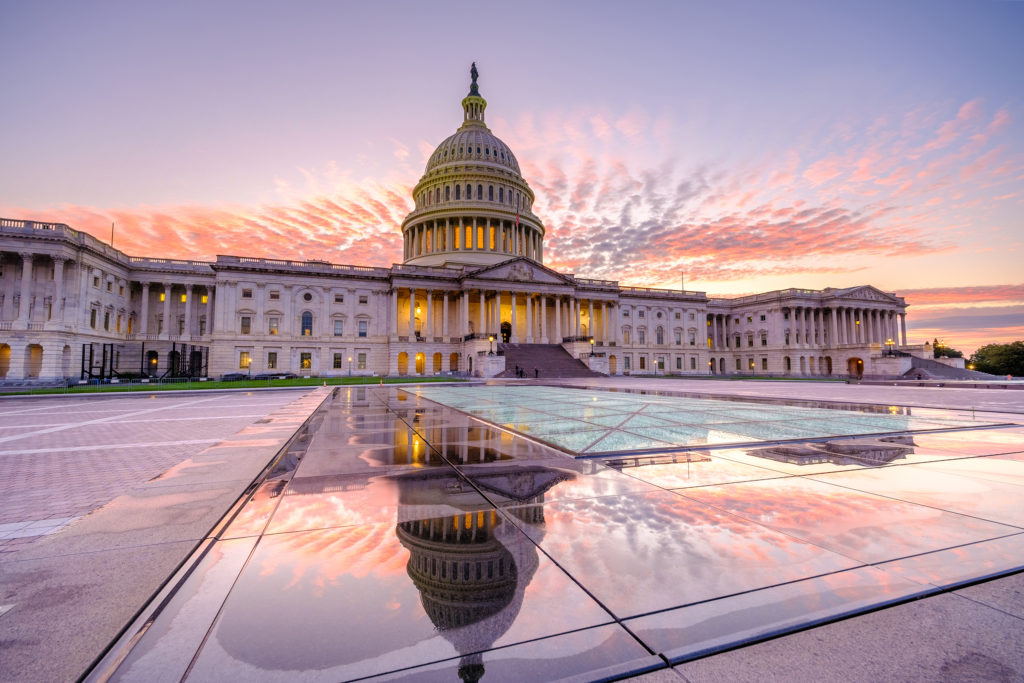
More than 1,500 electric cooperative leaders from across the country will host online meetings with over 350 members of Congress this week as part of NRECA’s annual Legislative Conference, CEO Jim Matheson told reporters Monday.
Co-op CEOs and directors are essential in helping lawmakers understand how key energy issues affect local constituents, Matheson said during a virtual news conference.
“That connection back home is really significant for us in terms of our identity with elected officials,” he said.
Co-ops will be advocating for three major issues during the virtual conference:
- Repricing Rural Utilities Service loans so that co-ops can benefit from today’s low interest rates without being hit with prepayment penalties.
- Investing in broadband to help close the digital divide that has left many rural areas behind.
- Providing comparable incentives to tax-exempt co-ops for energy innovation.
On the RUS debt issue, co-ops are urging Congress to pass the bipartisan Flexible Financing for Rural America Act, which could save co-ops more than $10 billion in interest payments on their loans. Matheson said NRECA is pushing lawmakers to include the legislation in the infrastructure package that they are expected to take up later this year.
“I have yet to meet anyone who doesn’t support this idea, although we all know it’s hard to get anything through Congress these days,” he said.
Matheson called broadband “an essential aspect of life” that is still being denied to more than 23 million people in rural America. More than 200 co-ops provide high-speed internet service to their consumer-members, and co-op leaders are calling on Congress to support broadband financing that gives priority to projects in areas with the lowest population density.
Tax-exempt co-ops that want to invest in innovative energy technologies also are looking for direct federal incentive payments comparable to the tax incentives paid to for-profit utilities, Matheson said. Because they don’t pay federal taxes, co-ops and municipal utilities—which together make up 30% of the electric utility industry—aren’t able to take advantage of incentives for renewable energy, carbon capture, battery storage and other technologies.
“We just want parity,” Matheson said. “The direct-pay method seems to be where consensus is growing on Capitol Hill.”
In answers to reporters’ questions about President Joe Biden’s climate change policies, Matheson said he doesn’t think it’s realistic to eliminate all carbon dioxide emissions from the power sector by 2035.
“Zero carbon by 2035—we think that’s an overly ambitious goal,” he said. “We’re having trouble seeing how we get there. Where’s the technology today that can allow that to happen, to get all the way to zero?”
Co-ops are concerned about how climate policies will affect their primary goal of providing reliable, affordable power to their members, many of whom live in high-poverty areas, Matheson said.
“What are going to be the commercially viable, always available and affordable carbon-free technologies to provide electricity?” Matheson asked. “People can set goal X, Y or Z, but are the lights going to go on whenever consumers flip the switch? And will they be able to afford it? Those are the questions we’re asking.”
Erin Kelly is a staff writer for NRECA.